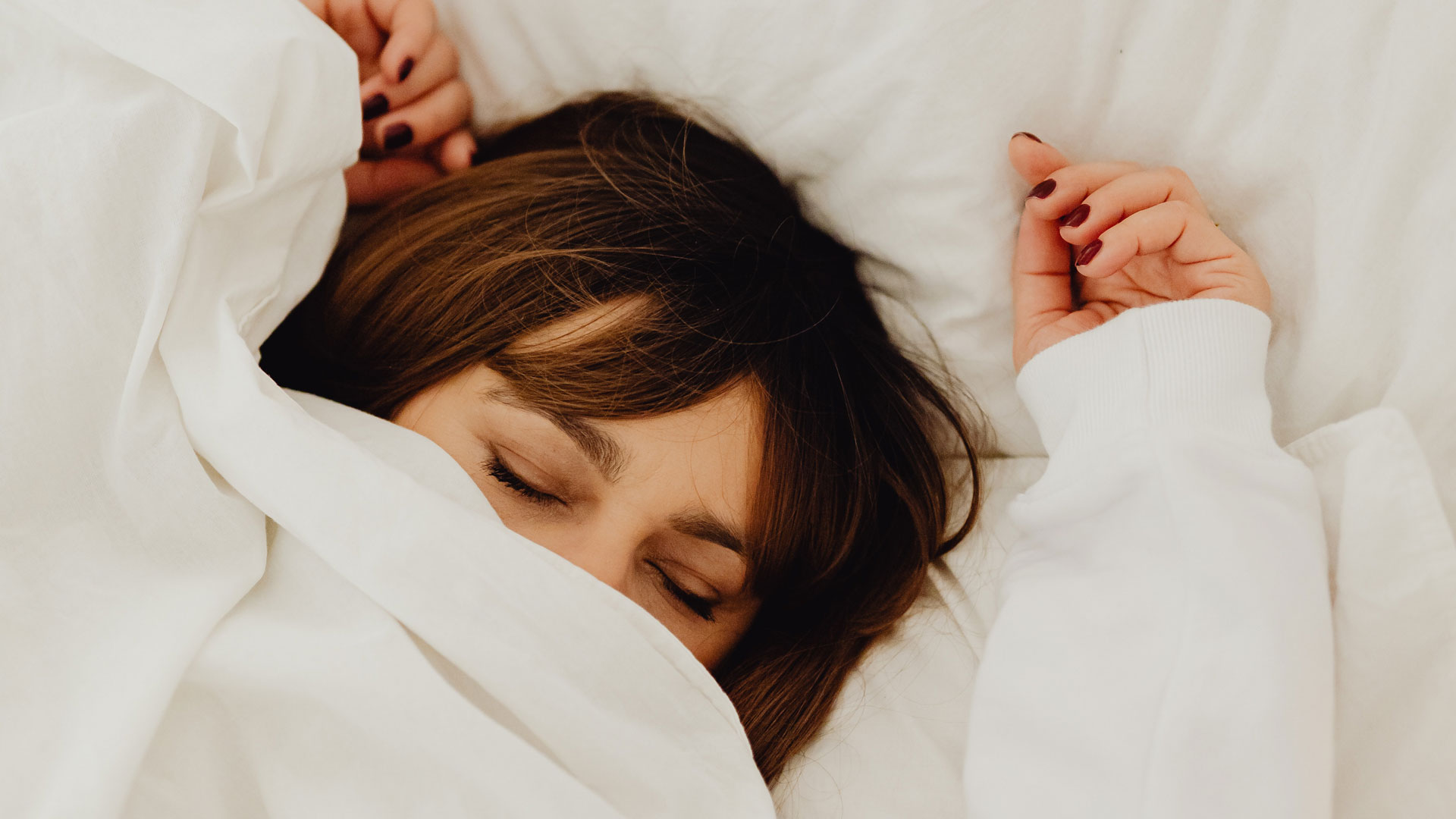
All too often we sabotage our chance of a good night's sleep without even realising we're doing it. Practising good sleep hygiene, when you know what you need to do and when you need to do it, will change that for good.
Christina Graham, nurse practitioner and sleep specialist for Noom, believes that good sleep hygiene can go a long way in solving most of our sleep issues, long before they become diagnosed as insomnia. "Sleep is the most important pillar of health," she says. "But often, those experiencing difficulties sleeping fail to pay attention to their sleep hygiene."
But what is good sleep hygiene and how exactly do you go about changing your habits to increase the likelihood of a sound night's sleep? For starters, the best mattress and the best pillow will help to create a comfortable environment in which to sleep. Read on for more sleep hygiene tips.
- Discover the best and worst postures for sleep
- Top 3 sleep apps to help you drop off tonight
- How yoga can help you get a better night's sleep
What is sleep hygiene and why is it important?
Think of sleep hygiene as being the foundation blocks needed to maximise your chances of getting a great night's sleep. Good sleep hygiene means putting in place all those positive habits and behaviours that can prepare the body and mind for the night ahead. While there are some quick 30-second sleep hacks everyone can employ, it's better to make realistic and sustainable changes to your bedtime routine if you really want to drift off without delay.
Many sleep issues can be resolved by simply improving your sleep hygiene and while some disorders may require more specialist intervention and treatment, you can often resolve your own complaints simply by making positive and consistent changes to your pre-bedtime behaviour.
How can you practice good sleep hygiene?
1. Create a sleep routine
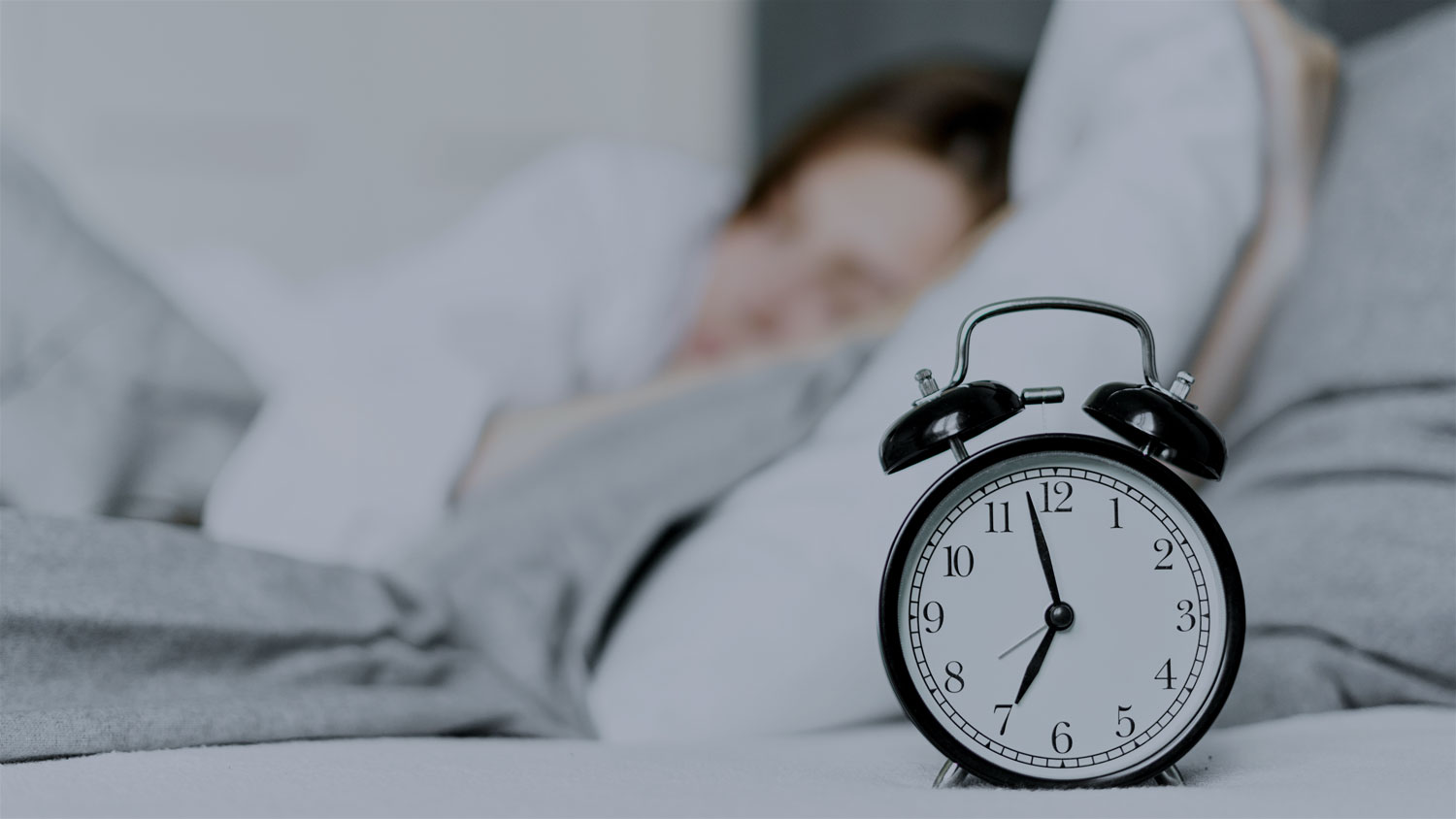
Waking up at the same time each morning and then going to sleep at the same time each night will help to keep your circadian rhythm in balance, promoting better, more consistent sleep. But don't just do it during the week. Try and do it at weekends too, even if it is tempting to stay up late and then have a lie in.
"Our internal clock is quite sensitive to changes, and even one or two days of sleeping in late can make it harder to fall asleep the following night," explains Graham. "Try and avoid afternoon naps too, as these can delay bedtime and further confuse your sleep schedule."
Sign up to the T3 newsletter for smarter living straight to your inbox
Get all the latest news, reviews, deals and buying guides on gorgeous tech, home and active products from the T3 experts
2. Set the right sleep environment
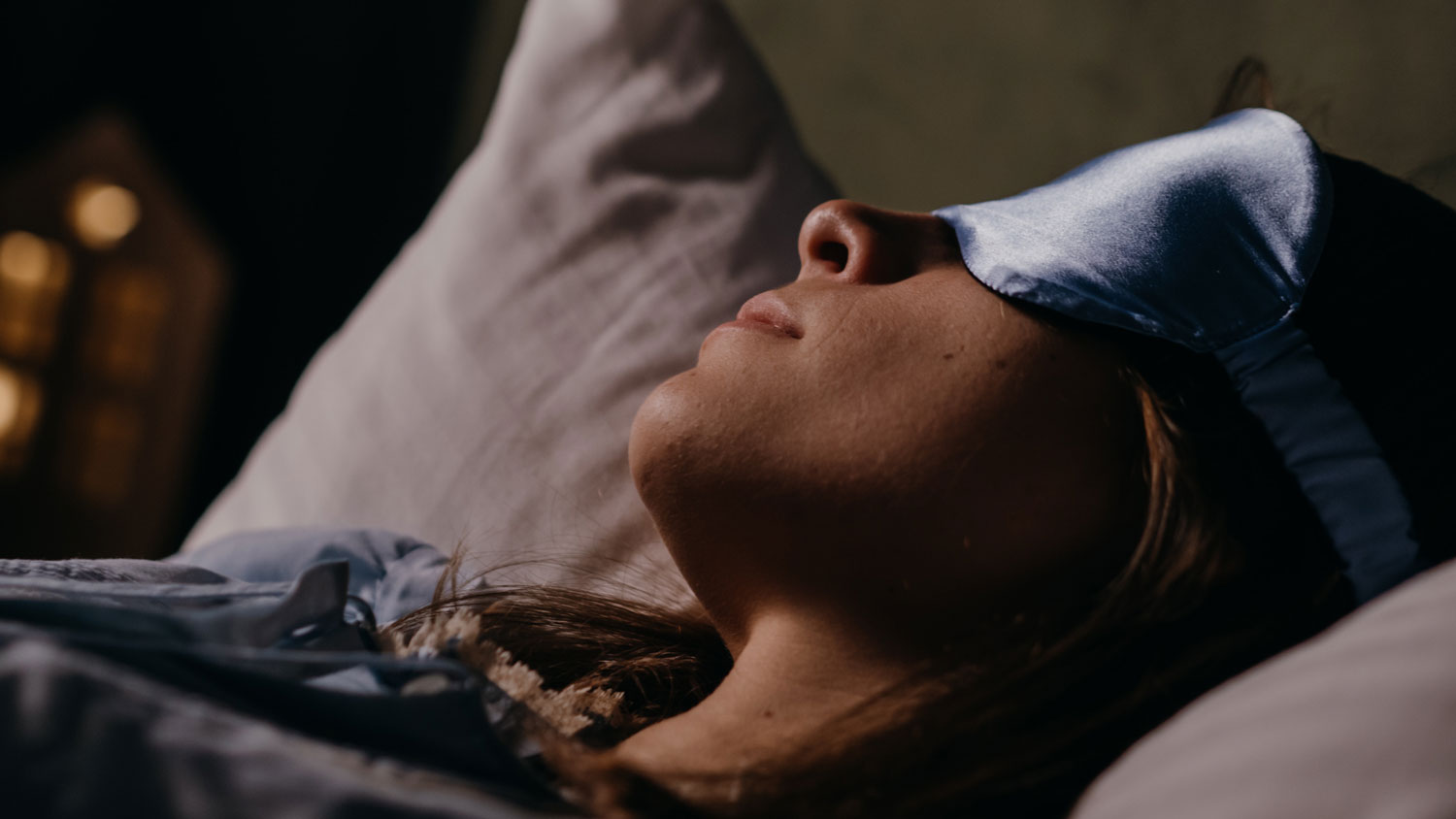
Ensure your bedroom is as dark as possible. If you have curtains or blinds that still allow some light in, try using a blackout eye mask. A cool room, but not a cold one, is the temperature to aim for – somewhere between 15-19 degrees Celsius – and invest in the best duvet for ultimate comfort.
3. Eliminate stress
It's sometimes easier said than done, but tackling those issues that cause stress and anxiety in your life can play a vital part in helping you to sleep better. When you're stressed, your levels of the hormone cortisol increase and that acts to suppress melatonin, the hormone that promotes and moderates your sleep. So it's vital you take steps to de-stress. Whether that's going for a walk, talking with friends and family or getting lost in a book – do something that really takes your mind off other matters.
"Yoga nidra and sleep meditation exercises are also great ways to end your day and ease into sleep," adds Graham.
4. Get active
As well as being one of the most effective things to tackle stress, exercise is imperative if you want to improve your sleep because it encourages the body to shut down and recover properly. Be wary of when you do it, though. "Aim for morning or afternoon exercise, but avoid strenuous exercise within 2-3 hours of bedtime, as this can make it harder to fall asleep," says Graham.
5. Avoid caffeine
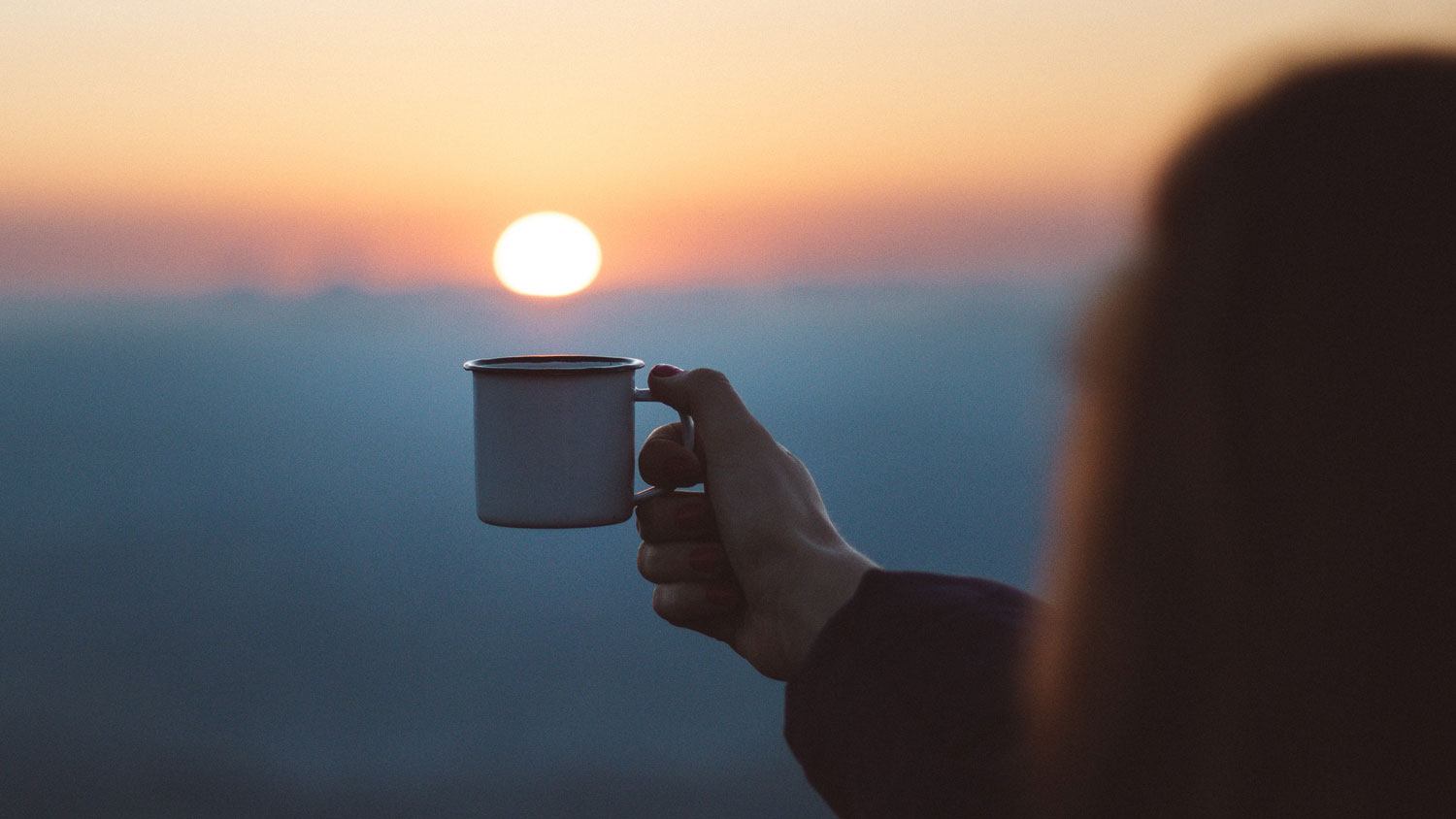
That 4pm cup of coffee might be just the ticket for a little pick me up during the day, but it can play havoc with your sleep, especially if you have it later in the day. "It can take 10-12 hours for caffeine to fully leave your system so try and limit your caffeine consumption to the morning only," says Graham.
Similarly, avoid other stimulants like alcohol and nicotine within two hours or bedtime – they can be just as troublesome when you're trying to drift off.
6. Shut down those screens
Electronic devices like mobile phones, tablets and laptops all emit blue light through their screens, which our brain can perceive as being similar to sunlight. As it gets darker, our brains naturally produce melatonin to help promote sleep. Evening exposure to blue light can interfere with melatonin release, tricking our brains into thinking we should still be awake. "So if you need to use a screen after sunset, use a night filter or invest in a pair of blue-blocking glasses," advises Graham.
-
 I spent 6 weeks with the FoodMarble Aire 2: here’s what I learned about my gut health
I spent 6 weeks with the FoodMarble Aire 2: here’s what I learned about my gut healthI’ve been testing the clever breath-testing gadget with the companion app over several weeks to find out if it delivers on its promises
By Lee Bell Published
-
 Oil pulling is going viral on TikTok for stopping morning breath – but does it actually work?
Oil pulling is going viral on TikTok for stopping morning breath – but does it actually work?4 hacks that prevent morning breath, according to a sleep expert
By Bethan Girdler-Maslen Published
-
 These limited edition McLaren x Loop earplugs are what you need for Formula 1 season
These limited edition McLaren x Loop earplugs are what you need for Formula 1 seasonMcLaren teams up with Loop on limited edition noise-reducing earplugs
By Bethan Girdler-Maslen Published
-
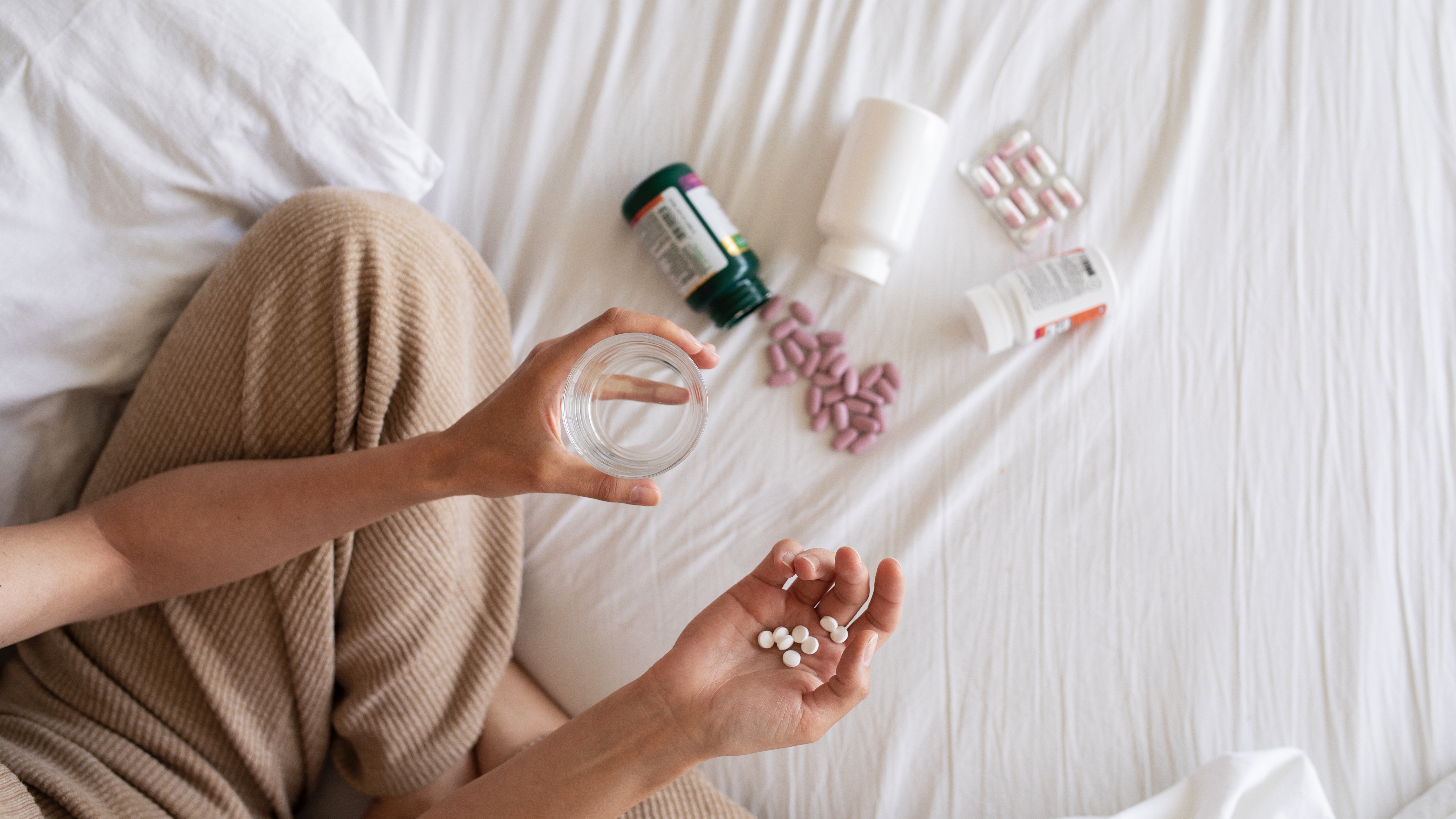 5 sleep supplements that help me achieve 8+ hours of rest every night
5 sleep supplements that help me achieve 8+ hours of rest every nightIt took me years to perfect my sleep routine – here are the supplements that helped
By Lizzie Wilmot Published
-
 3 reasons why you wake up at 3am every night – and how to avoid it
3 reasons why you wake up at 3am every night – and how to avoid itAlways waking up in the middle of the night? This could be why…
By Bethan Girdler-Maslen Published
-
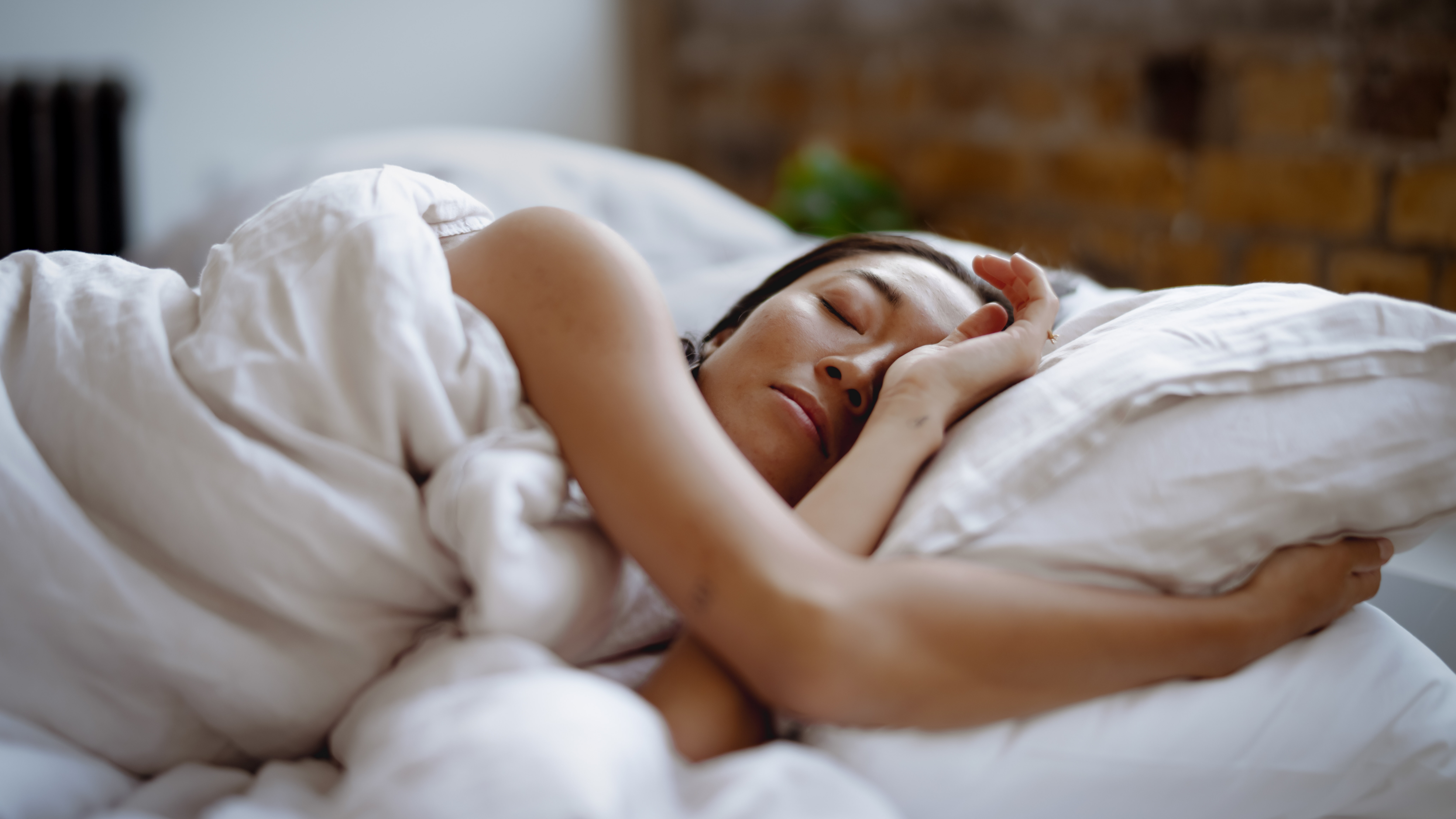 This tiny device will automatically disable your distracting apps before you sleep
This tiny device will automatically disable your distracting apps before you sleepSay hello to Kip...
By Lizzie Wilmot Last updated
-
 Therabody experts give 7 tips for perfecting your sleep routine for World Sleep Day
Therabody experts give 7 tips for perfecting your sleep routine for World Sleep DayFrom breathing exercises to sleep masks, here’s how to prioritise sleep, according to experts
By Bethan Girdler-Maslen Published
-
 Loop Dream review: super soft earplugs to help you snooze soundly, even if you’re a side sleeper
Loop Dream review: super soft earplugs to help you snooze soundly, even if you’re a side sleeperSquishy silicone and uniquely shaped ear tips take Loop’s nighttime earplugs to dreamy heights
By Joanna Ebsworth Published

